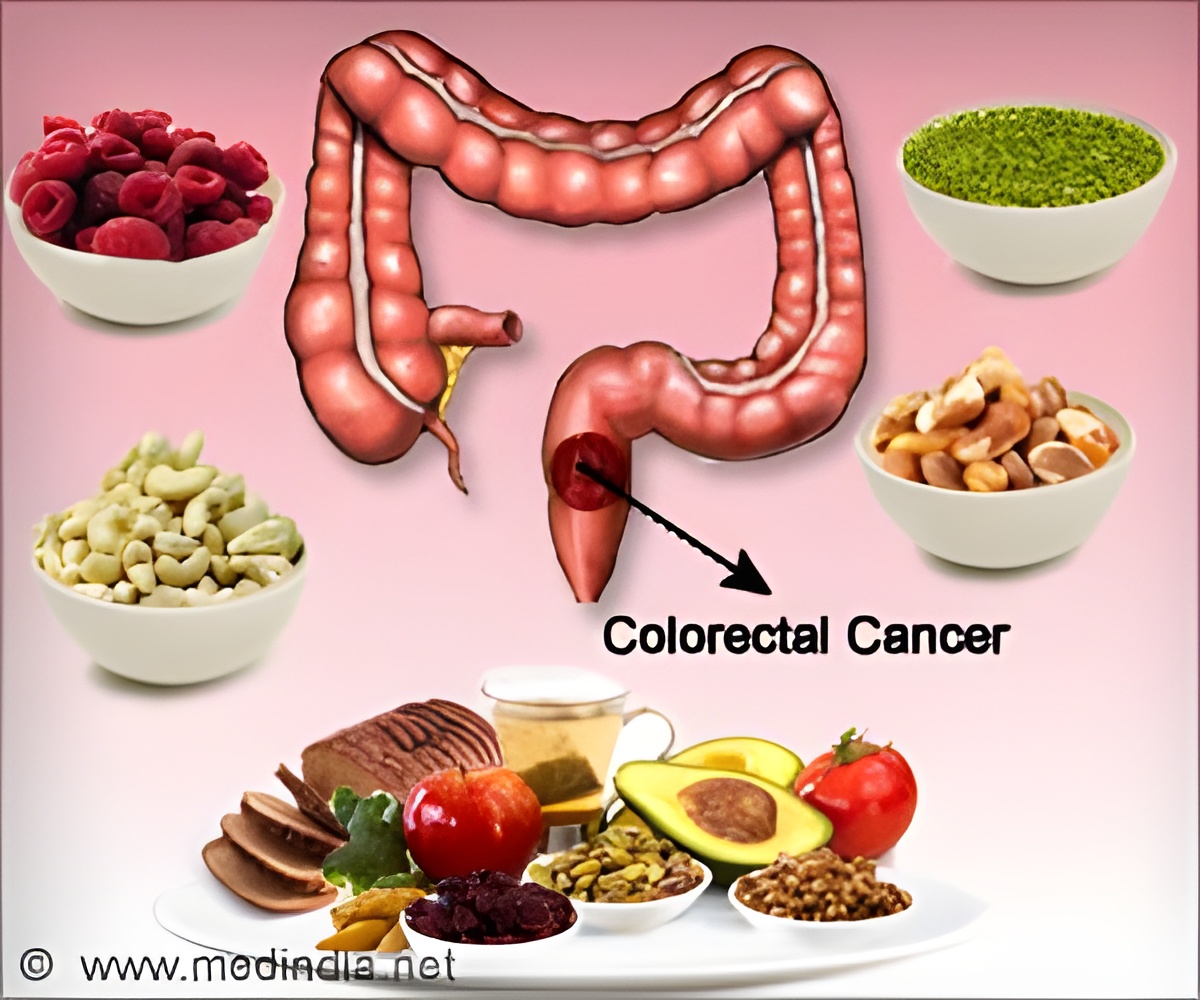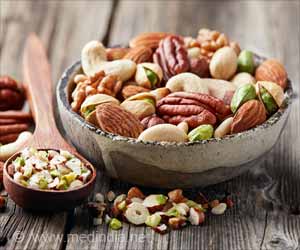Reduce the risk of colorectal cancer by increasing intake of dietary fiber from legumes, especially lupin kernel fiber.

Secondly, soluble fiber lowers blood cholesterol by binding bile acids and then excreting them. And third, bacterial fermentation of fiber results in the production of short-chain fatty acids, which are thought to have protective effects against colorectal cancer.
In view of this, Anita Fechner and her colleagues at Department of Nutritional Physiology, Friedrich Schiller University of Jena, Germany, conducted a study to compare physiological effects of three legume kernel fibers and citrus fiber on LDL cholesterol in relation to colonic health, especially colorectal cancer.
Seventy-eight healthy volunteers (of which 76 completed the study) in the age group of 20 to 45 years were randomly divided to consume 25g per day of a legume fiber - blue lupin, white lupin and soya, and citrus fiber for two weeks. The dietary fiber intake throughout the interventions was additional to their habitual fiber intake, so the total dietary fiber intake during the study was approximately twice the fiber intake (42.7 to 46.3 g/day).
At the end of run-in (no-treatment period) and intervention, a quantitative feces collection took place and fasting blood samples were drawn.
The findings revealed that-
* Lupin fibers led to a significantly enhanced formation of short-chain fatty acids.
* All legume fibers reduced fecal concentrations of total and secondary bile acids.
* Blood lipids were not influenced by any intervention.
From the results the researchers deduced that a daily intake of 25 g legume kernel fiber or citrus fiber over two weeks did not affect lipid metabolism through bile acid-binding in healthy people, but all of them might be able to prevent constipation as they improve fecal consistency and oro-fecal transit time and therefore exert a positive impact on colonic function.
The researchers concluded that ‘increasing dietary fiber intake of blue lupin kernel fiber in the range of about 50g per day may in general and, in particular, in predisposed people contribute towards the prevention of colorectal cancer and support medical therapies’.
The study has been published in the Nutrition Journal.
Reference: http://www.nutritionj.com/content/12/1/101
Source-Medindia















